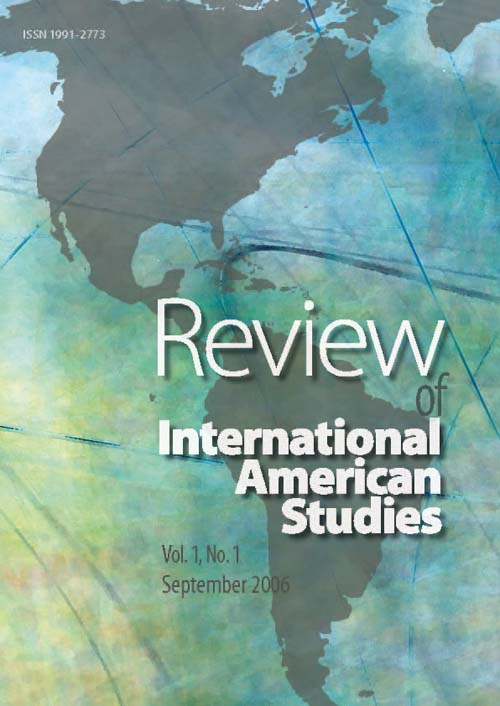American Diplomacy at Work: An American Studies Conference in Beirut
American Diplomacy at Work: An American Studies Conference in Beirut
Author(s): Gönül PultarSubject(s): Essay|Book Review |Scientific Life, Conference Report
Published by: Wydawnictwo Uniwersytetu Śląskiego
Summary/Abstract: I would like to share with the IASA community my candid impressions of an ‘American studies’ conference I attended during the past academic year (18–21 December 2005), in Beirut, Lebanon, a city that has recently been tragically at the forefront of the news. The conference was entitled ‘America in the Middle East/The Middle East in America’ and took place at a point in time when, after a period of recovery from the ravages of the quarter-of-a-century-long Civil War (1975–2000), Beirut had again plunged into a kind of torpor with the assassination, first of Rafik Hariri (1944–2005), the former prime minister (1992–1998 and 2000–2004) who had literally rebuilt Beirut after the Civil War, and then of journalist and member of parliament Gibran Tueni, the son of a well-known personality in Lebanon. This last murder happened just a few days before the conference was to start, and the organizers had to coax the participants to attend, reassuring them (through e-mail messages) that there was no risk. Indeed there was none, but in the meantime Beirut had become a pallid imitation of what it once was.The rationale of the conference, as stated in the call for papers, was that ‘[t]he September 11 attacks and the Iraq War have thrust the people of the Middle East and North America into direct and intense contact. The goal of this conference is to explore these current encounters through contextualizing and questioning’. What I remember especially about the conference is the fact that its participants were not the usual ASA–EAAS–IASA crowd; and that it was, more than anything else, a subtle American diplomatic endeavor, although perhaps consciously not so devised by its organizers, which showed once more to what extent American studies is enmeshed in international politics—still, a quarter of a century after the end of the Cold War.
Journal: Review of International American Studies
- Issue Year: 1/2006
- Issue No: 1
- Page Range: 41-44
- Page Count: 4

